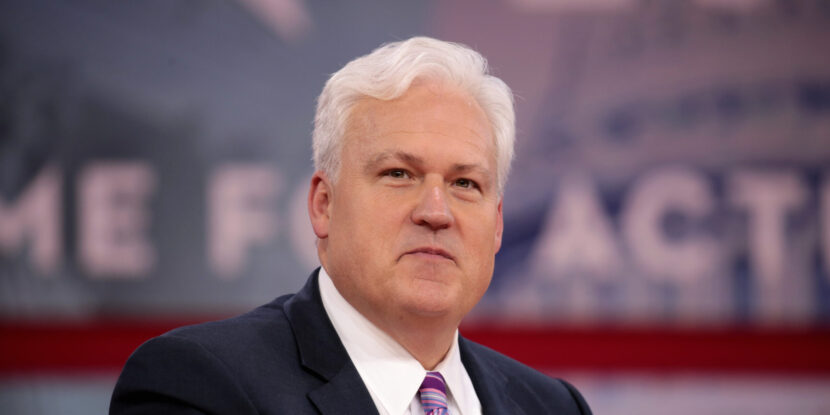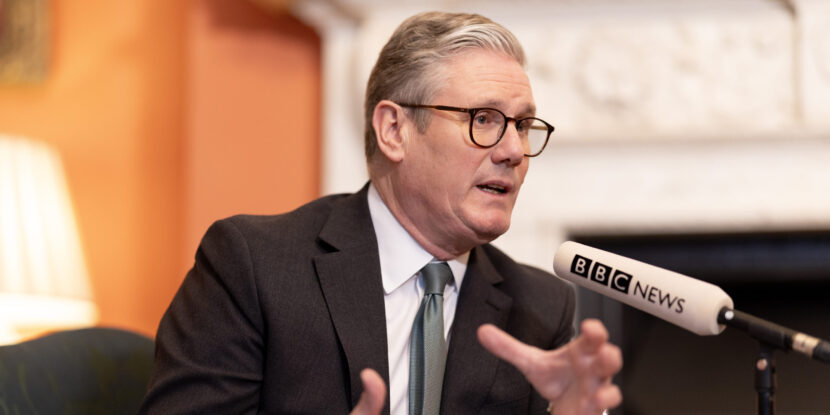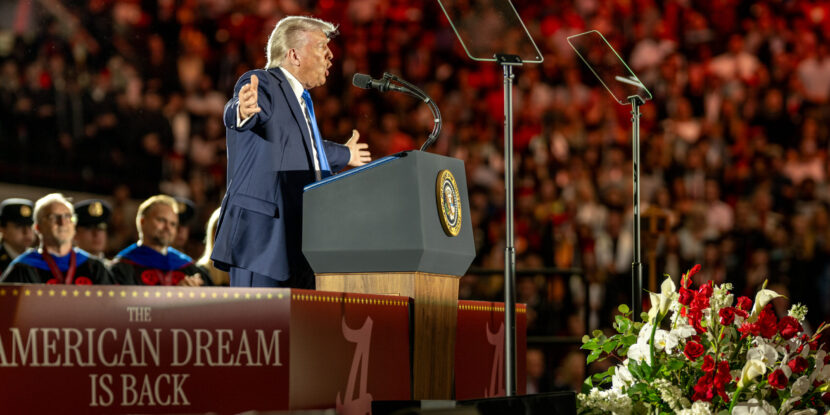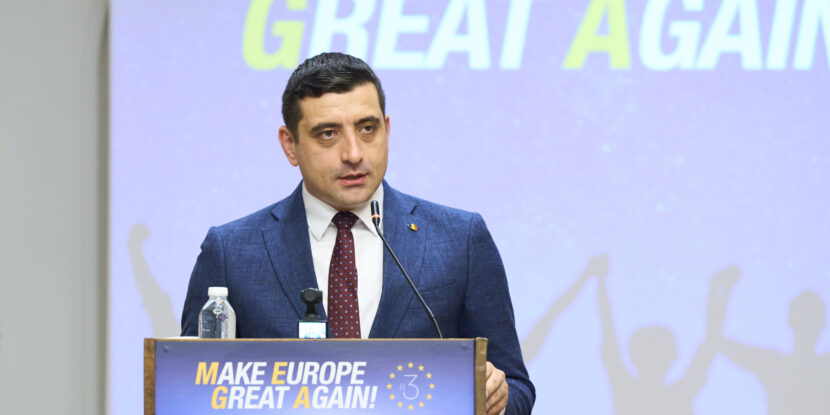PULSE POINTS:
❓ What Happened: President Donald J. Trump announced a ceasefire with Yemen’s Houthi rebels, who have agreed to halt attacks on Red Sea shipping after intense U.S. airstrikes. Oman mediated the deal, ensuring mutual non-aggression and safe passage for international trade.
👥 Who’s Involved: President Trump, the Houthis, Omani Foreign Minister Badr al-Busaidi.
📍 Where & When: Yemen’s Red Sea coast and the White House, announced May 6, 2025.
💬 Key Quote: “[The Houthis] just don’t want to fight, and we will honour that and we will stop the bombings, and they have capitulated,” Trump said.
⚠️ Impact: The agreement restores stability to a critical global trade route, potentially easing economic pressures, but skepticism remains about the Houthis’ compliance.
IN FULL:
President Donald Trump has secured a significant geopolitical win, securing a ceasefire with Yemen’s Iran-backed Houthis to halt their attacks on Red Sea shipping. Speaking alongside Canadian Prime Minister Mark Carney in the White House, Trump revealed that the Houthis had “capitulated” after relentless U.S. airstrikes, which targeted 1,000 sites in Yemen since March 2024. The deal, mediated by Oman, ensures neither side will target the other, safeguarding a vital artery for global trade.
“[The Houthis] just don’t want to fight, and we will honour that and we will stop the bombings, and they have capitulated,” Trump said, adding that the group “say they will not be blowing up ships anymore”—and that securing such an undertaking was the purpose of the strikes.
The America First leader underscored the importance of the agreement, noting it aligns with U.S. objectives to secure freedom of navigation. Omani Foreign Minister Badr al-Busaidi confirmed the deal, stating it guarantees “the smooth flow of international commercial shipping” through the Red Sea and Bab al-Mandab Strait.
The Houthis’ campaign of violence began in late 2023, ostensibly in solidarity with Palestinians amid Israel’s military operations in Gaza following Hamas’s October 2023 terror raid against the Jewish State. Their barrage of missiles and drone strikes sank two vessels, and they seized another, killing or kidnapping a number of sailors and forcing major shipping firms to reroute around southern Africa. This disrupted nearly 15 percent of global seaborne trade, spiking costs and straining supply chains.
Trump and Defense Secretary Pete Hegseth greatly intensified U.S. military pressure on the group, culminating in their decision to stand down.
show lessFollowing recent discussions and contacts conducted by the Sultanate of Oman with the United States and the relevant authorities in Sana’a, in the Republic of Yemen, with the aim of de-escalation, efforts have resulted in a ceasefire agreement between the two sides. In the…
— Badr Albusaidi – بدر البوسعيدي (@badralbusaidi) May 6, 2025











